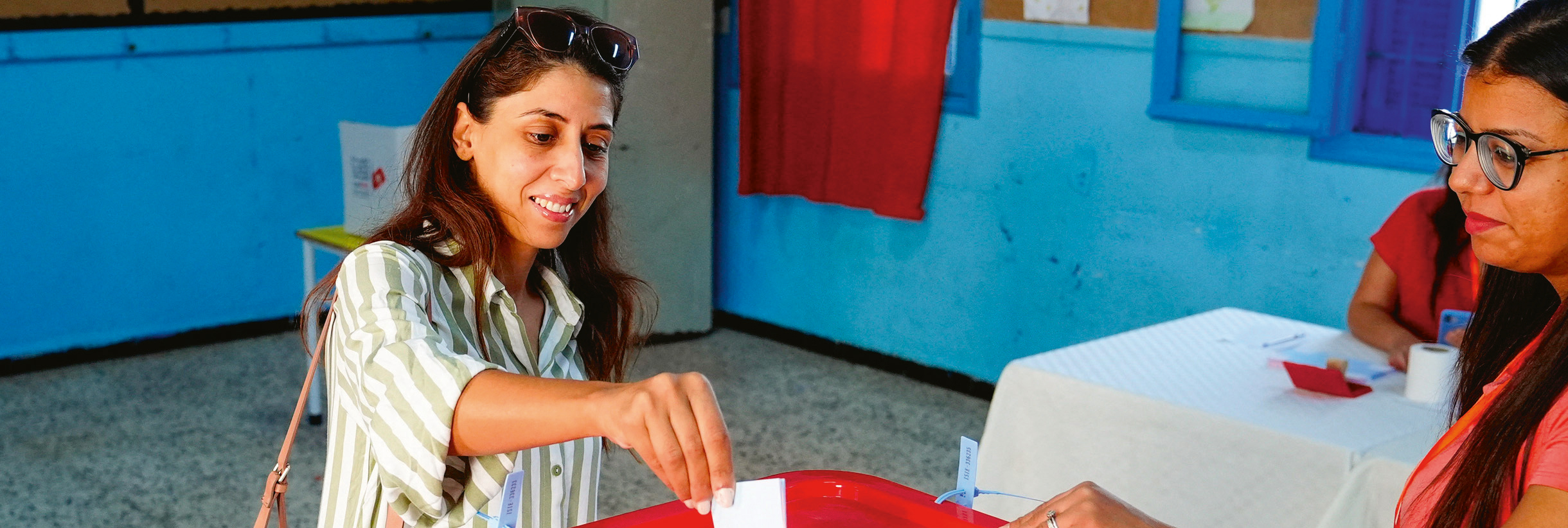One of the defining features of modern international law is that the international legal order has moved from a transactional model exclusively protecting the contractual interests of the parties to a system in which community interests also have a place. The concept of international community reflects such a shift. What it means in essence is that humanity is not a random collection of individuals divided into political communities in the form of states with nothing in common, but an integrated social structure with shared interests and moral conscience.
Judging by the common understanding of modern international law, this is not just wishful thinking, but a normative framework actually prescribed by the hard and fast rules of international law. While some rights exclusively pertain to a bilateral framework, others are of such importance that every state has a legally protected interest in their protection. No state can claim that mass atrocities committed against a civilian population at the other end of the world are not its concern.
The horrors that have been unfolding in Gaza since October 2023 are the quintessential example of crimes that should concern every human being and every state. Numerous statements issued at the highest level of the Israeli governmental apparatus immediately after the terrorist attacks perpetrated by Hamas on 7 October showed that Israel held the entire population of Gaza responsible for the atrocities committed by Hamas and was determined to make that population pay a high price. The death toll as of the writing of this article confirms that this is not a speculation: more than 40,000 civilians have been reported as killed by Israeli operations in Gaza since October 2023.
Did we see the rest of the world act as an international community in response? The public opinion all over the world has expressed indignation over the human tragedy in Gaza, showing that humanity’s moral conscience has an inalterable core in every corner of the world.
The case brought by South Africa against Israel before the International Court of Justice on the basis of the United Nations (UN) Convention on the Prevention and Punishment of the Crime of Genocide is another instantiation of the concept of international community – no state in the world can feel unconcerned by plausible allegations of genocide in any part of the world. Yet, the attitude of powerful Western countries has been shamefully deficient. Many continued to supply weapons that contributed to atrocities committed by Israel in Gaza, while the United States financially and militarily supports Israel, having gone so far as to repeatedly veto cease-fire resolutions at the UN Security Council through March 2024. The contrast with the situation of Ukraine – whose invasion these same countries were unanimous in strongly condemning while issuing wide-ranging sanctions against Russia – further aggravates the case.
The conclusion is one that the eminent international lawyer Charles de Visscher offered many decades ago: “There will be no international community so long as the political ends of the State overshadow the human ends of power.”
This article was published in Globe #34, the Graduate Institute Review.





